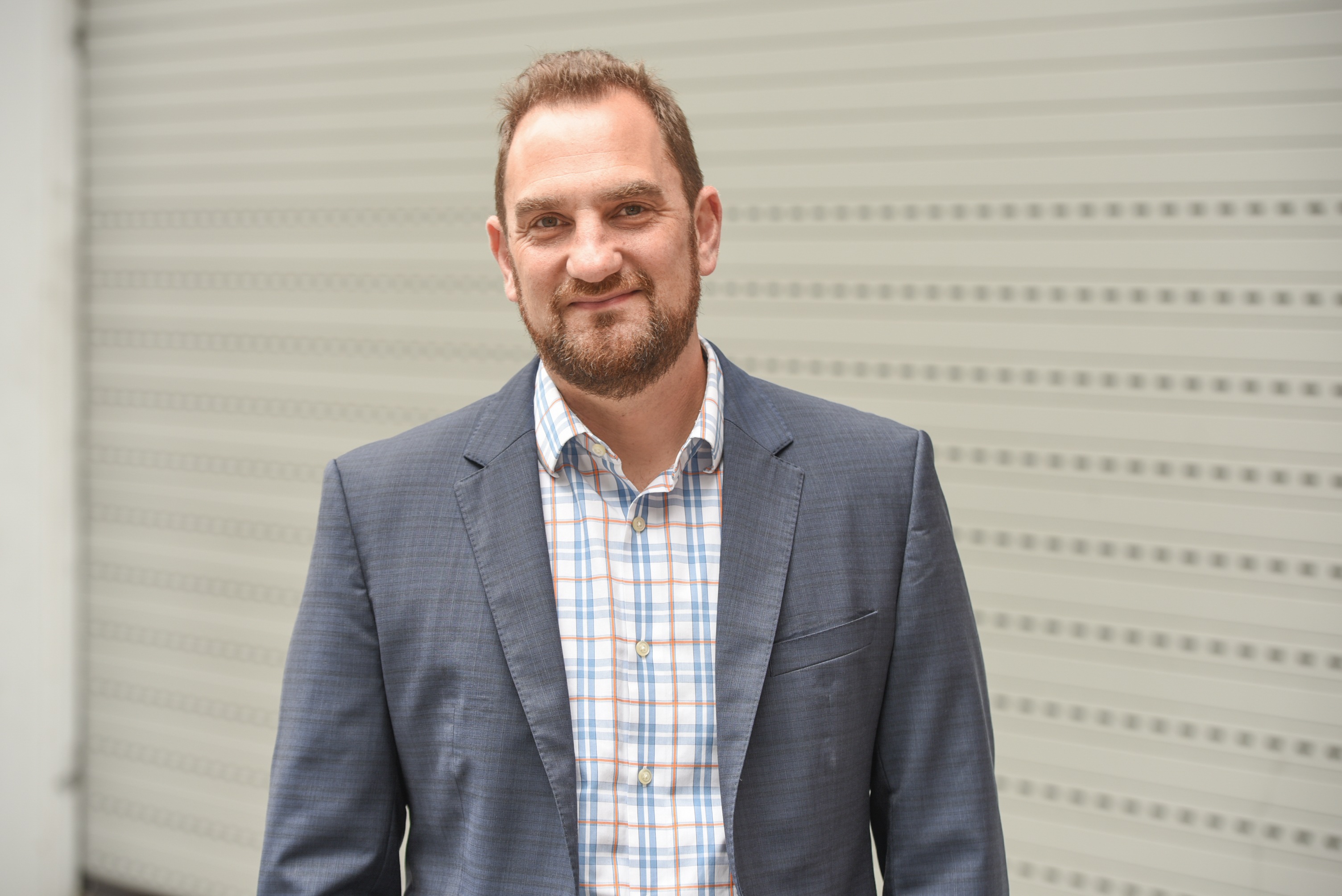CommonSpirit Health Senior Vice President and Chief Strategic Innovation Officer Rich Roth outlines how the system built its innovation team and how consumerism affects healthcare delivery.
 Questions: How do you approach building and maintaining a culture of innovation at CommonSpirit?
Questions: How do you approach building and maintaining a culture of innovation at CommonSpirit?
Rich Roth: Innovation is a word that can mean so many things to different people —for example, it can relate to new processes, products, or design thinking.
Several years ago, CommonSpirit Health began to use the term 'strategic innovation' to provide a focus within our organization for what our team does, while also opening up clear avenues for other internal areas to innovate in their own path.
Today, our strategic innovation team continues to discover the best novel technologies, services, partnerships, and programs from within and outside of our industry that we believe will drive the future delivery of healthcare over the long term. These valuable collaborations help our organization better provide the right services at the right time in the right place across the spectrum of the care continuum.
Before we incorporate these programs and technologies widely across our system, we first bring these novel capabilities in-house and use a rigorous program to test and determine how we can best integrate them into our clinical workflows; then we take them to scale. Our partnerships can take many forms such as customer contracts, published peer-reviewed studies, investments, joint ventures, or risk share agreements.
Q: To what do you attribute your success?
RR: There are two cultural differences with our program that have aided in success. First, we only work in real world environments. We are not proponents of creating artificial situations or sandboxes to test ideas. The advancements we're integrating into our system need to work in real settings for nurses, physicians and patients. Second, we are deeply integrated with our internal operating teams so the innovations are supportive of their overall strategies.
An example of where this model has worked well includes our work with Propeller Health, which developed a connected asthma inhaler that has helped our patients avoid unnecessary ED visits and hospitalizations. As the first health system to work with and launch them, we were able to test and mature the program within our communities and publish peer-reviewed results demonstrating the positive impacts of their technology for our patients. The product has since scaled nationally, and the company successfully exited, which is an important proof point of the value of the program for further industry investment into digital therapeutics.
Q: How does the trend of consumerism in healthcare affect the way you approach healthcare delivery innovation?
RR: Personalization and choice are impacting all components of our society. In healthcare, we are seeing people increasingly choose primary care access models that uniquely fit who they are as individuals.
That's why health systems need to focus on a '31 flavors strategy.' It's important to maintain traditional primary care models that many patients will continue to rely on, but we should also partner with novel population-specific groups to better-serve patients along the continuum.
At CommonSpirit Health, we are partnering with novel primary care groups to extend access to enhanced, personalized care to the various populations we serve across the country. One of our partners, One Medical, has developed a unique brand for people seeking tech-forward primary care. We are also seeing models emerge that uniquely service seniors, Medicaid patients, and females.
Join us for the Becker's Hospital Review 3rd Annual Health IT + Clinical Leadership + Pharmacy Conference, May 19-21, 2020 in Chicago. Topics include artificial intelligence, telehealth, data analytics, clinician burnout, population health, pharmaceutical care and more. Learn more and register here. For more information about exhibitor and sponsorship opportunities, contact Maggie Dunne at events@beckershealthcare.com.

